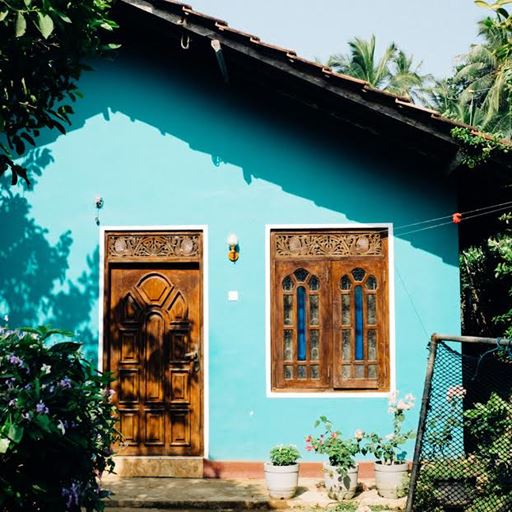Dr Sandya Hewamanne, from our Department of Sociology will use the funding to extend her work on grassroots economic justice issues involving female factory workers in Sri Lanka.
Dr Hewamanne was one of just five academics to receive an award under the Foundation’s fourth Political Economy Research Fellowship competition, which was open to scholars across Europe.
Read the ISRF announcement.
The new research will further investigate how women, who were once workers in the global garment factories of the South Asian Free Trade Zones – demarcated areas where numerous factories manufacture goods for export under special custom regulations - are now returning to their villages and subcontracting the work of those factories.
It will measure how they are developing a national association of sub-contractors – a meaningful economic justice movement with the potential to become a strong negotiating body within capitalist global production.
Dr Hewamanne explains: “I am so thrilled to receive this award. The opportunity to continue studying these amazing women and contribute to re-imagining feminist approaches to political economy will be hugely valuable.
“We need to fully recognise and celebrate marginalised women’s economic decision-making within capitalist market relations. Such knowledge has the potential to transform gendered social, economic and cultural spaces, opening up a myriad of economic possibilities.
"My hope is that this research will go on to inform activist and impact work among global workers, labour and human rights, gender and LGBTQ mainstreaming, environment justice, poverty reduction and sustainable development.”
Dr Hewamanne will use a number of data collecting techniques whilst observing the women of five villages that represent the five provinces that sent most workers to Free Trade Zones. She will stay in the homes of some of the women and sew with them, in order to observe daily power dynamics and how owners and workers understand global production networks and power relations.
The project is called Rethinking ‘Grassroots’ Economic Justice: Measured Intervention, Feminist Political Economy Approaches and Sri Lanka’s Former Global Workers and will run until September 2021.

.jpg?mh=500&mw=500&hash=6568B6C9CCF5290A596BEF6678B6AD0E)




